Gabon Announces World’s Newest Underwater Reserve, Rich in Threatened Wildlife
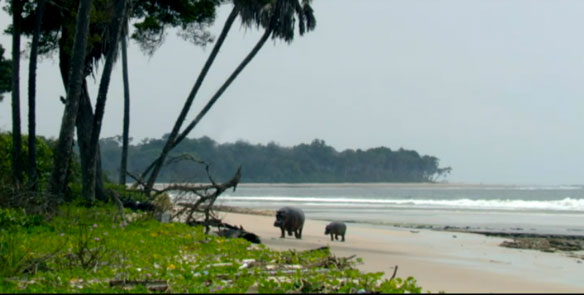
The central African nation of Gabon recently declared almost a quarter of its territorial sea off-limits to commercial fishing, creating a first-of-its-kind network of marine protected areas in the region.
Southern Beaufort Sea Polar Bear Population Declined in the 2000s
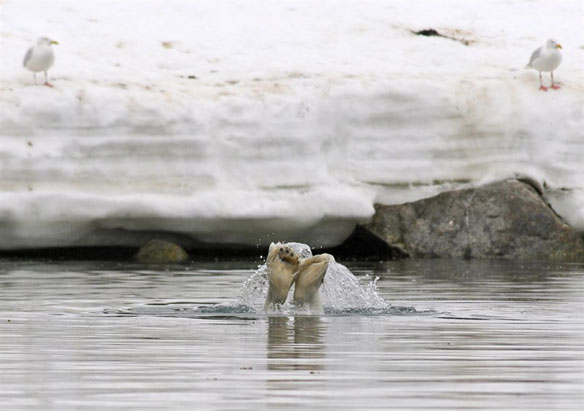
In a new polar bear study published November 17th, 2014, scientists from the United States and Canada found that during the first decade of the 21st century, the number of polar bears in the southern Beaufort Sea experienced a sharp decline of approximately 40 percent.
Monster Boats in Kiribati
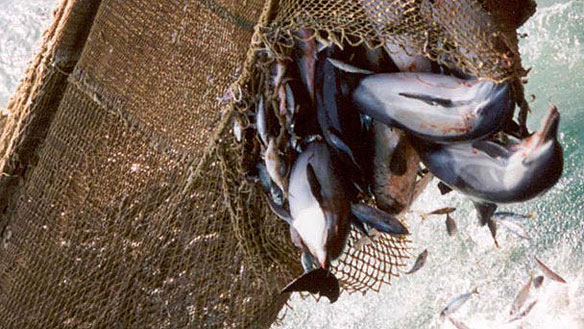
The fishing communities of Kiribati speak about their loss of livelihood and erosion of their culture at the hands of destructive and oversized fishing vessels operating under European flags, ownership or management. Overfishing is a global problem with alarming and indisputable consequences: 90% of global fish stocks are currently overexploited.
Green List Promotes Best Conservation Areas
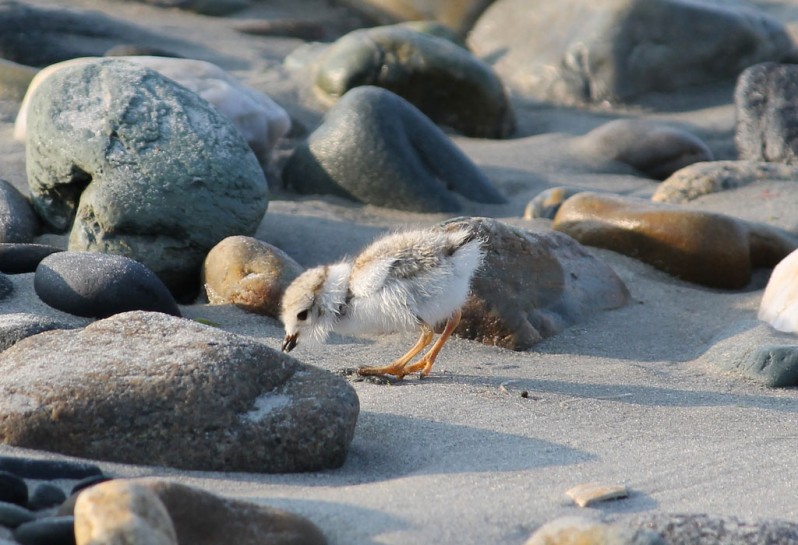
Conservation groups often highlight species or ecosystems at risk. An effort launched on 14 November turns that approach on its head, seeking for the first time to systematically recognize the world’s best-managed protected areas, which offer the most favourable conditions for flora and fauna.
New Global Maps Detail Human-Caused Ocean Acidification

A team of scientists has published the most comprehensive picture yet of how acidity levels vary across the world’s oceans, providing a benchmark for years to come as enormous amounts of human-caused carbon emissions continue to wind up at sea.
World on Track to Meet 2020 Goal for Protected Land, Sea, but More Work Urgently Needed
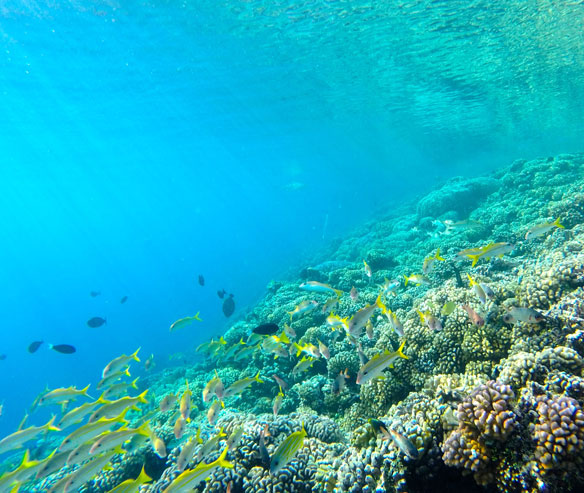
In 2010, the signatories to the Convention on Biological Diversity (CBD) agreed on a 10 year strategic plan to halt biodiversity loss and ensure the sustainable and equitable use of natural resources.
Fostering Community Strategies For Saving the World’s Oceans

Getting coastal communities involved in plans to protect their waters is critical for protecting the planet’s oceans. In an interview with Yale Environment 360, conservationist Ayana Elizabeth Johnson talks about her work in one Caribbean island and how it shows how such a strategy can get results.
El Salvador Restores Biodiversity
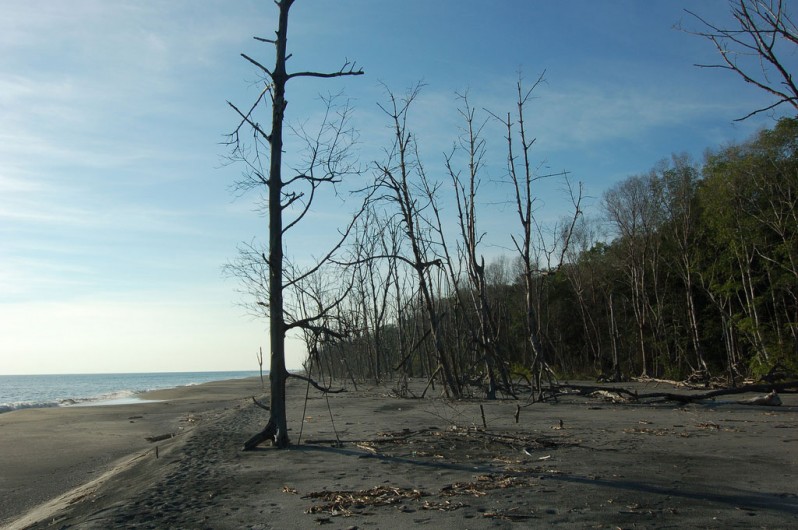
Local organisations and the environment ministry launched The National Programme for the Restoration of Ecosystems and Landscapes (PREP), seeking to restore ecosystems like forests and wetlands and preserve biodiversity, as part of what its promoters describe as “an ambitious national effort to adapt to climate change,” whose impacts are increasingly severe in this small Central American nation of 6.2 million.
Inside Pakistan’s Untapped Fishing Industry
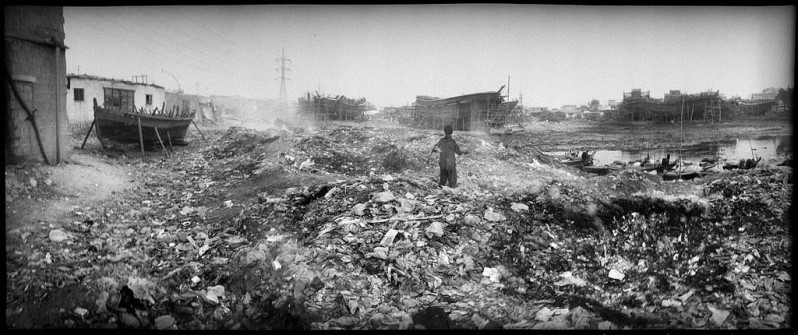
According to the World Wide Fund for Nature (WWF) – Pakistan, nearly 400 million gallons per day of untreated waste from Karachi goes into the sea, making a fisherman’s job an extremely dirty one.
